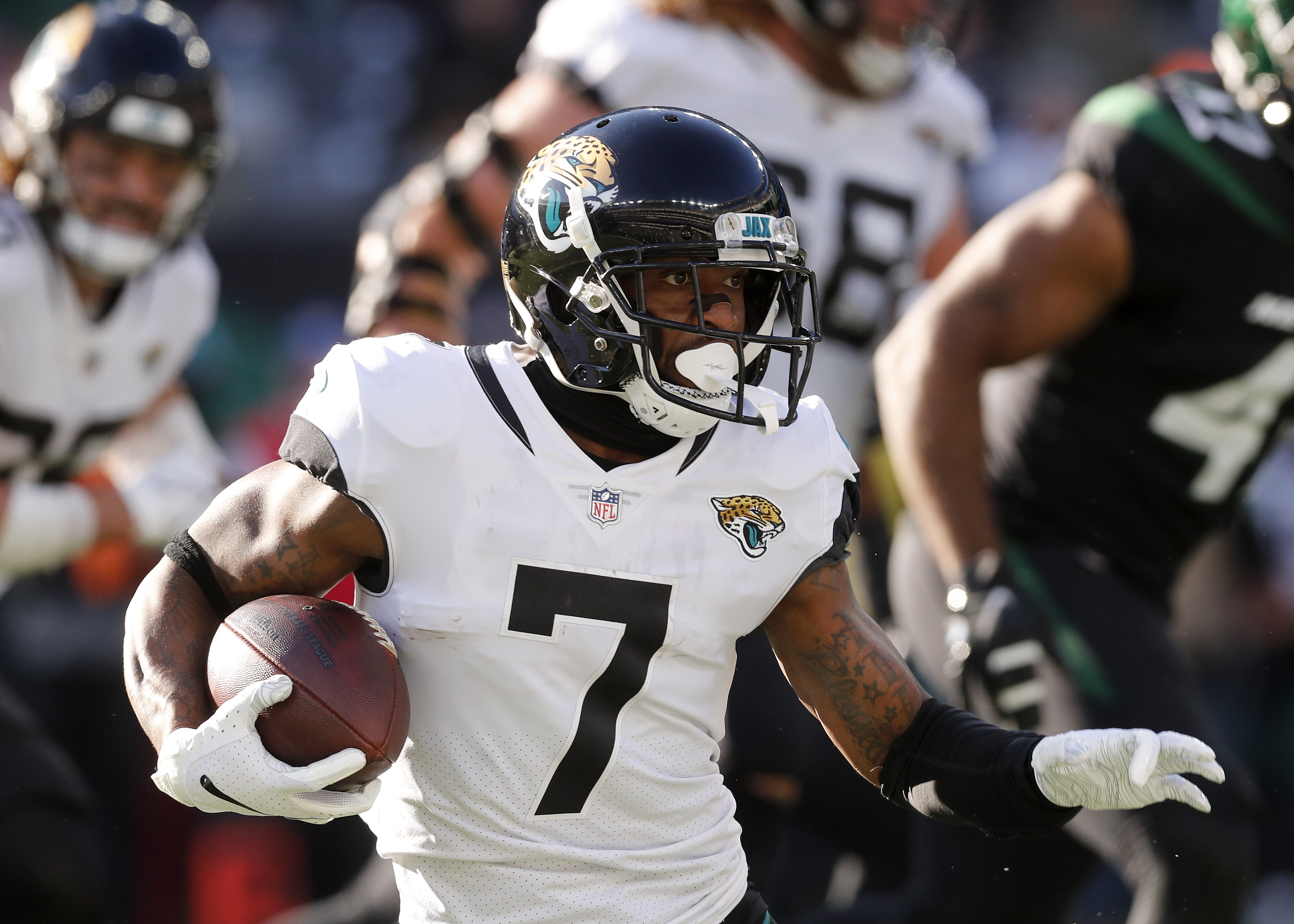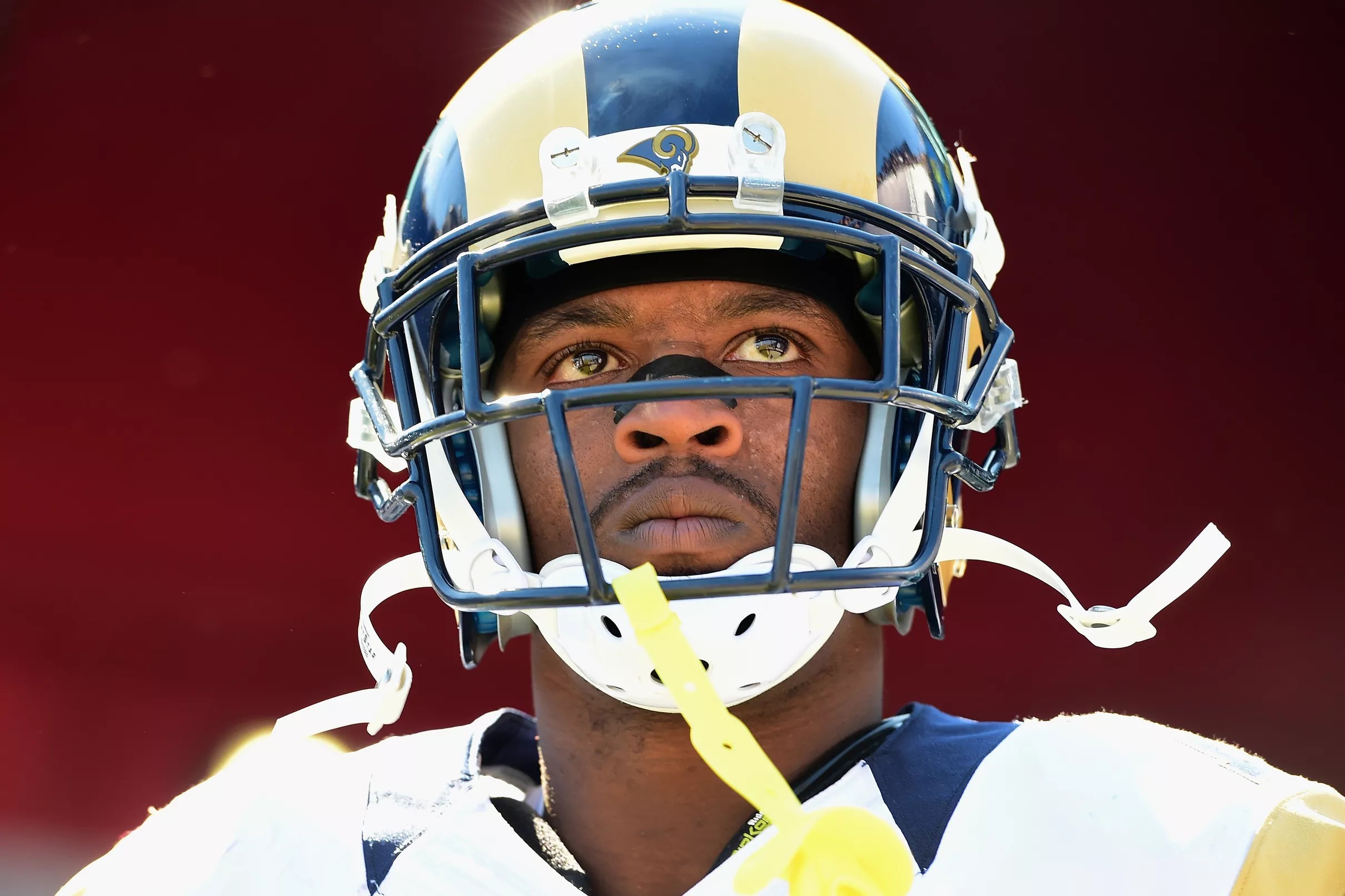The Case of Trayvon Martin
/arc-anglerfish-arc2-prod-dmn.s3.amazonaws.com/public/TZ5MRTSLXSIGTE23CADDPJLVIQ.jpg)
The February 2012 shooting death of Trayvon Martin, an unarmed Black teenager, by George Zimmerman, a neighborhood watch volunteer, sparked widespread protests and national conversations about race, gun control, and self-defense laws. The case, which received extensive media coverage, became a flashpoint for racial tensions and highlighted the complexities of racial profiling, stand-your-ground laws, and the role of race in the American justice system.
The Circumstances Surrounding Trayvon Martin’s Death
On February 26, 2012, Trayvon Martin, a 17-year-old African American, was walking back to his father’s girlfriend’s house in Sanford, Florida, after buying candy and a drink from a nearby convenience store. George Zimmerman, a neighborhood watch volunteer, called 911 to report a “suspicious person” in the neighborhood. The call, which was later released to the public, revealed that Zimmerman, who was of Hispanic descent, made racially charged comments about Martin’s appearance.
Zimmerman claimed that Martin attacked him, prompting him to shoot in self-defense. However, witnesses and evidence presented during the trial contradicted Zimmerman’s account, suggesting that he had followed Martin and initiated the altercation. The shooting occurred in a gated community, where Zimmerman was known to have a history of calling the police on Black residents, including Martin’s own brother.
The Legal Proceedings
The initial investigation into Martin’s death was controversial, with the Sanford Police Department declining to arrest Zimmerman, citing Florida’s “Stand Your Ground” law. This decision sparked protests and calls for Zimmerman’s arrest, which eventually led to the appointment of a special prosecutor.
Zimmerman was eventually arrested and charged with second-degree murder. The trial, which began in June 2013, received national attention and became a platform for public debate about race, justice, and self-defense laws.
The jury, composed of six women, acquitted Zimmerman of all charges on July 13, 2013. The verdict sparked widespread outrage and protests across the country, with many arguing that the jury’s decision was racially motivated and that Zimmerman’s actions were not justified under the “Stand Your Ground” law.
The Impact of the Case
The Trayvon Martin case had a profound impact on the national conversation about race, gun control, and self-defense laws. The case brought to light the ongoing issue of racial profiling and the disproportionate impact of gun violence on communities of color. It also fueled debates about the “Stand Your Ground” law, which critics argued was being misused and emboldened individuals to take the law into their own hands.
The case also led to a renewed focus on the role of race in the American justice system, with many pointing to the disparities in how Black and white suspects are treated by law enforcement. The case served as a catalyst for the Black Lives Matter movement, which has become a powerful force in the fight for racial justice and police accountability.
Public Reactions and Protests: Tayvon Austin

The shooting of Trayvon Martin sparked widespread public outrage and ignited a national conversation about race, gun violence, and the justice system. Protests, vigils, and social media campaigns erupted across the country, demanding justice for Martin and raising awareness about the issue of racial profiling.
The Role of Race and Media Coverage
The case of Trayvon Martin became a flashpoint for racial tensions in the United States. Martin, an unarmed Black teenager, was shot and killed by George Zimmerman, a neighborhood watch volunteer who claimed self-defense. The media coverage of the case was heavily scrutinized, with some critics arguing that it perpetuated racial stereotypes and contributed to the public’s perception of Martin as a criminal. The media coverage also played a significant role in shaping public opinion, with some outlets emphasizing Zimmerman’s narrative and others highlighting the racial disparities in the justice system.
“The media coverage of the Trayvon Martin case was heavily scrutinized, with some critics arguing that it perpetuated racial stereotypes and contributed to the public’s perception of Martin as a criminal.”
The Impact on the Black Lives Matter Movement
The Trayvon Martin case was a pivotal moment in the history of the Black Lives Matter movement. The movement, which emerged in response to the acquittal of Zimmerman, gained national prominence and became a powerful force for social justice. The case highlighted the systemic racism and police brutality faced by Black people in the United States, and the Black Lives Matter movement provided a platform for these issues to be addressed. The case also inspired a wave of activism and advocacy, leading to increased awareness and public engagement on issues of racial justice.
“The Trayvon Martin case was a pivotal moment in the history of the Black Lives Matter movement.”
Legacy and Lasting Impact

The Trayvon Martin case, with its tragic ending and subsequent legal proceedings, ignited a national conversation about race, justice, and self-defense laws. It sparked widespread protests and brought to the forefront deep-seated societal issues, leaving a lasting impact on American society.
Impact on Race Relations
The case became a flashpoint in the ongoing debate about racial bias in the criminal justice system. The acquittal of George Zimmerman, the neighborhood watch volunteer who shot and killed Trayvon, fueled widespread outrage and protests, highlighting the perception of racial disparities in law enforcement and the justice system.
- Disparities in Policing: The case intensified scrutiny of police practices and racial profiling, particularly in communities of color. It led to calls for greater accountability and transparency in law enforcement, as well as for the implementation of community policing strategies aimed at building trust between law enforcement and minority communities.
- Black Lives Matter Movement: The case was a catalyst for the Black Lives Matter movement, which emerged in 2013 and gained momentum in the wake of subsequent high-profile police killings of unarmed black men. The movement has played a significant role in raising awareness about police brutality, racial injustice, and systemic racism in the United States.
Impact on Criminal Justice Reform
The Trayvon Martin case also contributed to a growing movement for criminal justice reform. The case raised questions about the application of “stand your ground” laws, which allow individuals to use deadly force if they feel threatened. Critics argued that such laws disproportionately impact people of color, leading to increased violence and racial disparities in the justice system.
- Stand Your Ground Laws: The case led to a renewed debate about the merits of “stand your ground” laws. Critics argued that such laws encouraged vigilantism and created a climate of fear and mistrust. Some states have since revised or repealed their “stand your ground” laws, while others have implemented stricter regulations.
- Sentencing Reform: The case also highlighted the need for broader criminal justice reform, including sentencing reform and efforts to reduce mass incarceration. The case contributed to a growing awareness of the racial disparities in the criminal justice system, particularly in areas such as sentencing, policing, and prosecution.
Impact on Gun Violence, Tayvon austin
The Trayvon Martin case also contributed to the national conversation about gun violence. The case sparked debates about the accessibility of firearms and the role of gun ownership in self-defense.
- Gun Control: The case fueled calls for stricter gun control measures, particularly in the wake of other mass shootings in the United States. Advocates for gun control argued that the case demonstrated the dangers of easy access to firearms and the need for stronger background checks and restrictions on assault weapons.
- Self-Defense Laws: The case also highlighted the complexities of self-defense laws and the potential for their misuse. Critics argued that “stand your ground” laws could lead to vigilante justice and exacerbate racial tensions. They called for reforms to ensure that such laws are applied fairly and consistently, and that individuals are held accountable for their actions.
Tayvon austin – Tavon Austin, the little dude who could fly, was a real blast to watch in the NFL. He was all about speed and agility, and he could make defenders look like they were standing still. If you wanna see just how explosive he was, check out his tavon austin nfl stats – you’ll be amazed at some of the plays he made.
He might not have had the biggest frame, but he was a real force on the field, and his name will always be remembered by those who saw him play.
Tayvon Austin, man, he was a speed demon back in the day! Remember when he was drafted in the 2013 NFL Draft ? Everyone was hyped about his explosiveness, but it never really translated into consistent success. Still, he was a fun player to watch, especially when he was breaking off big plays.
